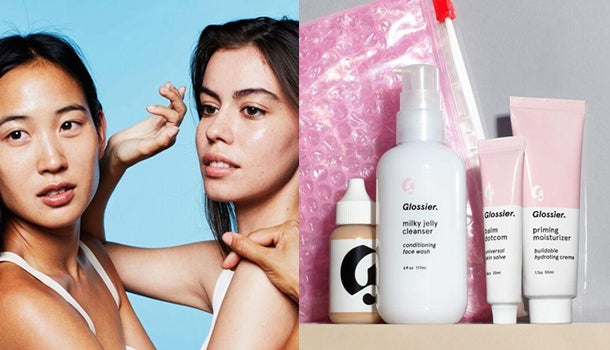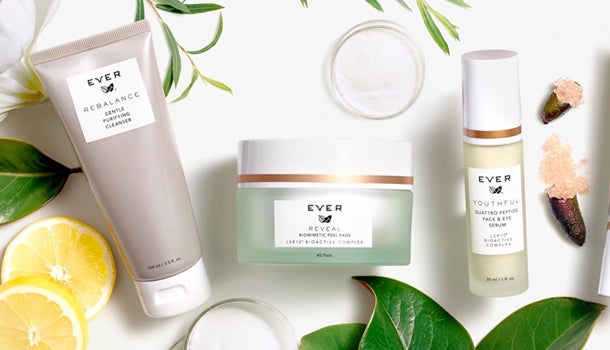The Strategies These 3 Beauty Startups Use to Stand Out It's about rethinking growth.
This story appears in the December 2016 issue of Entrepreneur. Subscribe »

In the United States alone, consumers spend north of $62 billion on cosmetics, skincare and haircare products each year. But younger women are increasingly venturing outside their Maybelline and Dior standbys, embracing smaller brands. As the crowded market grows more crowded (hello, Kylie Jenner Lip Kits), we talk to three startups that stand out.

The brainchild of beauty editor Emily Weiss, Glossier skincare and makeup launched in late 2014 -- arguably inspiring the rush of beauty brands hitting the market today -- and quickly became a favorite of cool girls everywhere. "One of our points of distinction is that we're a very conversational brand that lives only digitally, but we're not speaking primarily through advertising," Weiss says. "Most of our growth has been through owned, earned, peer-to-peer traffic. We're serving the woman who wants to look like the best version of herself -- not like somebody else."
Related: What's Ahead in 2017? Six Experts Share Predictions.

Founded by Stella & Dot founder and CEO Jessica Herrin, Ever skincare follows the social selling model of the popular jewelry company. Brand ambassadors, called specialists, host gatherings to educate friends about the brand's natural products and four-step regimen. "Skincare has primarily been dominated by the big guys," says Ani Hadjinian, general manager at Ever. "But the consumer isn't voting for those brands anymore, so the only growth within the market is in highly specialized and niche lines. There's a new distribution model with skincare, and I think we've truly modernized and used the social platform. It's highly disruptive and more sustainable."
Related: 4 Experts on The Trends They Hope Are Nearly Over

Farmacy skincare is what cofounder and chief creative officer Mark Veeder calls "farm to face." The avid gardener unwittingly discovered a new, ultrastrong form of immune-system-boosting echinacea and patented it for use in his new skincare line, sold at Sephora and on QVC. "We're farmer-cultivated but scientist-activated," Veeder says. "We did some lab tests with a third party, and the products increase your skin's hydration by as much as 50 percent! There are a lot of natural products on the market, and it's great to not pollute your skin, but they have to also have transformational qualities."
Related: This Designer Bucked Fashion Norms. Learn Why It Worked.










